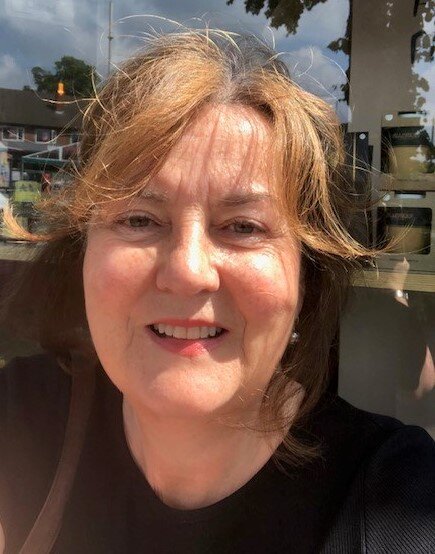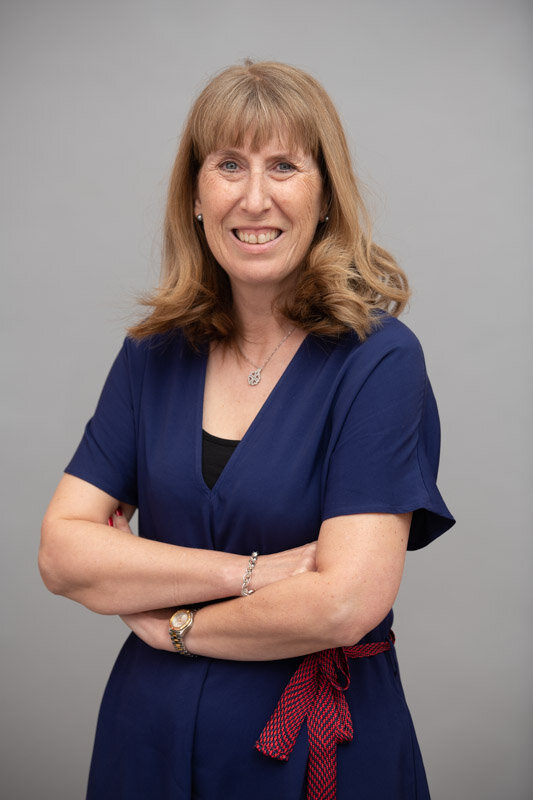In Conversation: Dee Holmes of Relate and Christine Plews of The Mediation Space LLP on lessons from seeing clients remotely
Dee and Christine have known each other for many many years and having both worked in different fields initially they are now both involved in seeing couples who are struggling with their relationships or dealing with the consequences of a separation.
Since March 2020 both have largely dealt with their clients remotely and whilst there are some similarities, there are also some interesting differences:
So, what have you found to be the same?
Dee: As everyone has become more used to online (in personal and work- related ways) it has become a ‘new normal’. Most clients attend together on the same device and therefore the dynamic of a couple sitting across the Space from a counsellor is the same. In most cases couples have found a private space where they are not interrupted and so the focus on the session and the work in hand is able to be completed. It is easy to judge the mood by observing body language, how close together people sit, whether they lean forward, back etc .
Christine: My clients have also embraced having sessions online. It can make it easier for them to arrange and the sessions tend to be shorter, especially when travel is factored in. This can make it easier to arrange childcare. I think the sessions are shorter because they are more focussed, and clients seem to be able to concentrate well. They also like not having to necessarily be in the same room as each other and I, for my part, have found that it is still possible to assess ‘the mood’ of the meeting despite being on the other side of a screen. Documents can be shared easily although I do miss my whiteboard and there seems to be more pre-mediation preparation required.
What have you found to be different or challenging?
Dee: The benefits of being at home has meant that clients often feel more relaxed, there has been no stress of travel to get there. However, when clients arrive at the counselling room, they are in that Space, and not being so has meant that Clients can sometimes arrive in a rushed way. There is no preparation time that a journey to a counselling room allows. They can, also, sometimes be ‘too relaxed’- arriving in pyjamas or with a glass of alcohol and so challenging the usual boundaries that are in place. Repeated interruptions or the knowledge that others may be able to overhear, especially during the individual sessions that we offer are also challenges. When approached sensitively the boundaries can be reset so that effective counselling can take place but it has been a learning curve for all concerned to adjust to a ‘new normal’
Christine: As mediators we screen carefully on a whole host of safeguarding issues. This continues to be the case in the Mediation Information and Assessment meetings held virtually. However, I have on several occasions, had the clients join the meeting together on one computer and have had to ask them to move onto separate computers in different rooms, if possible. The challenges of Lockdown and continuing to be in the same house together for lengthy periods of time, often with the children, has made it difficult for clients to carve out their own wishes and plans when there is little privacy or Space.
There are frequent interruptions from children, other adults, and the doorbell or telephone. Whilst everyone signs up for no recording, or other people being present, I am often conscious that there may be other members of the household outside the room which may inhibit conversation. This is particularly if they are new partners.
To sum up:
Both Dee and Christine believe it has been beneficial for clients to be able to use remote technology, particularly if the alternative is for there to have been no counselling or mediation. Going forward the advantages of remote sessions may mean that there is a mixed approach where some sessions are in person (may be at the beginning) and others are remote. Anything that factors in the clients’ circumstances and increase accessibility can only be a good thing.


